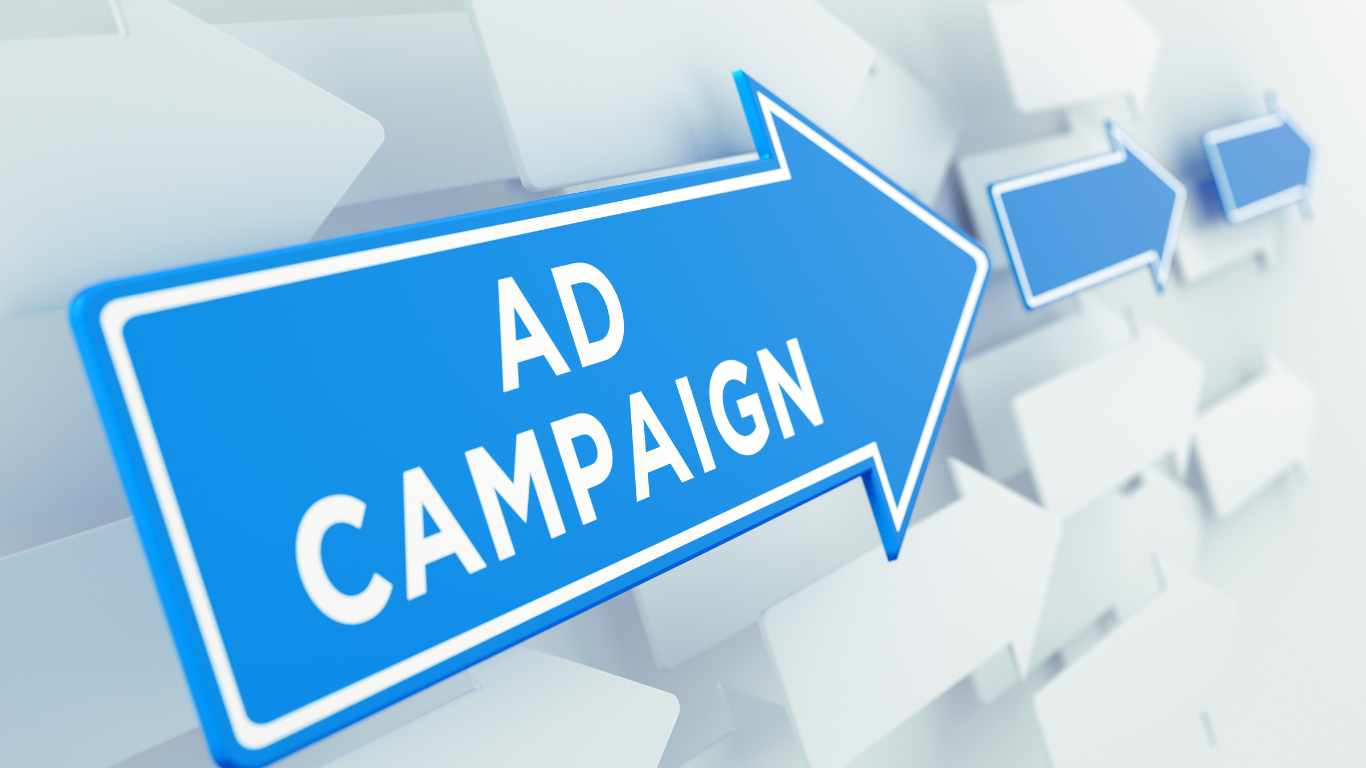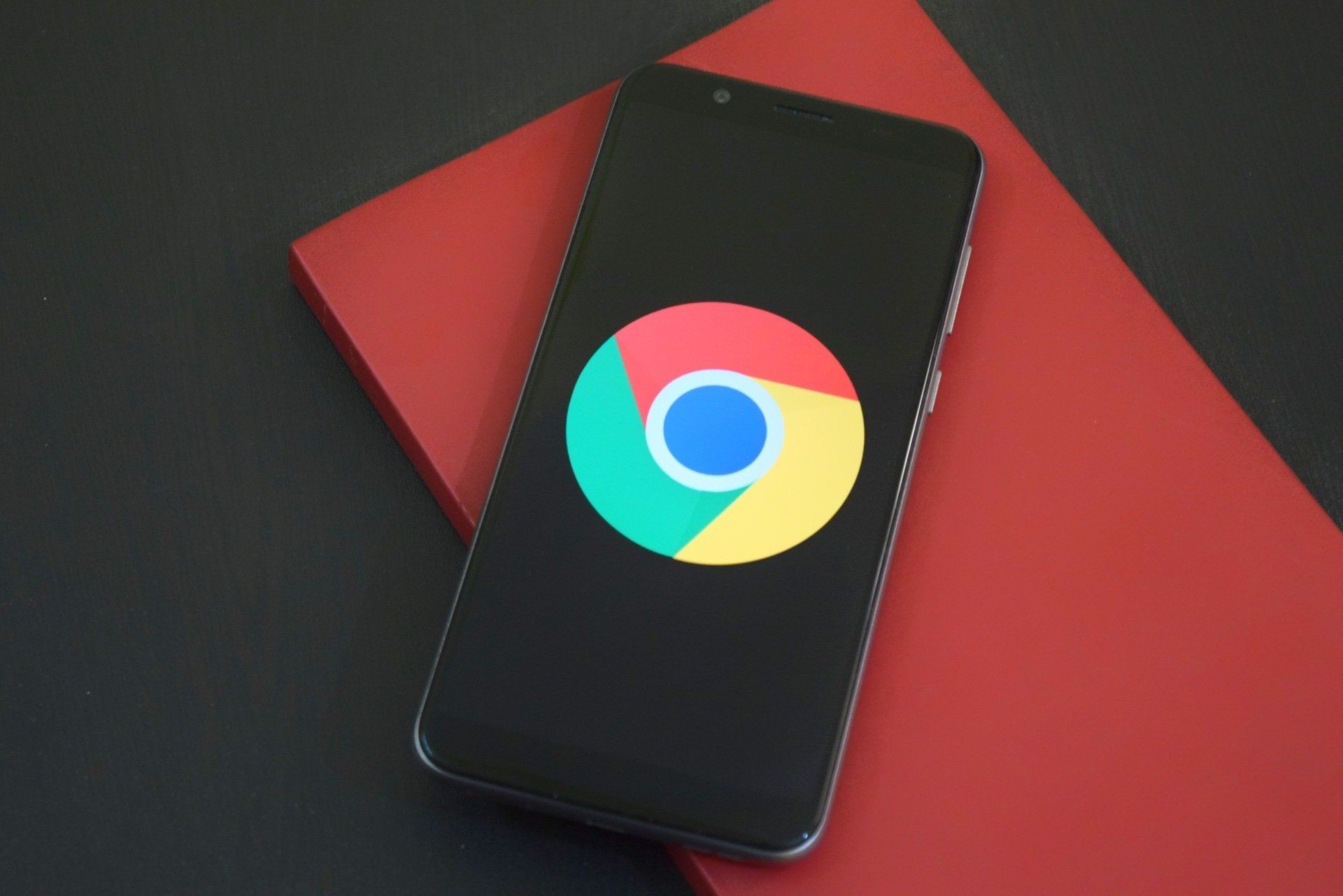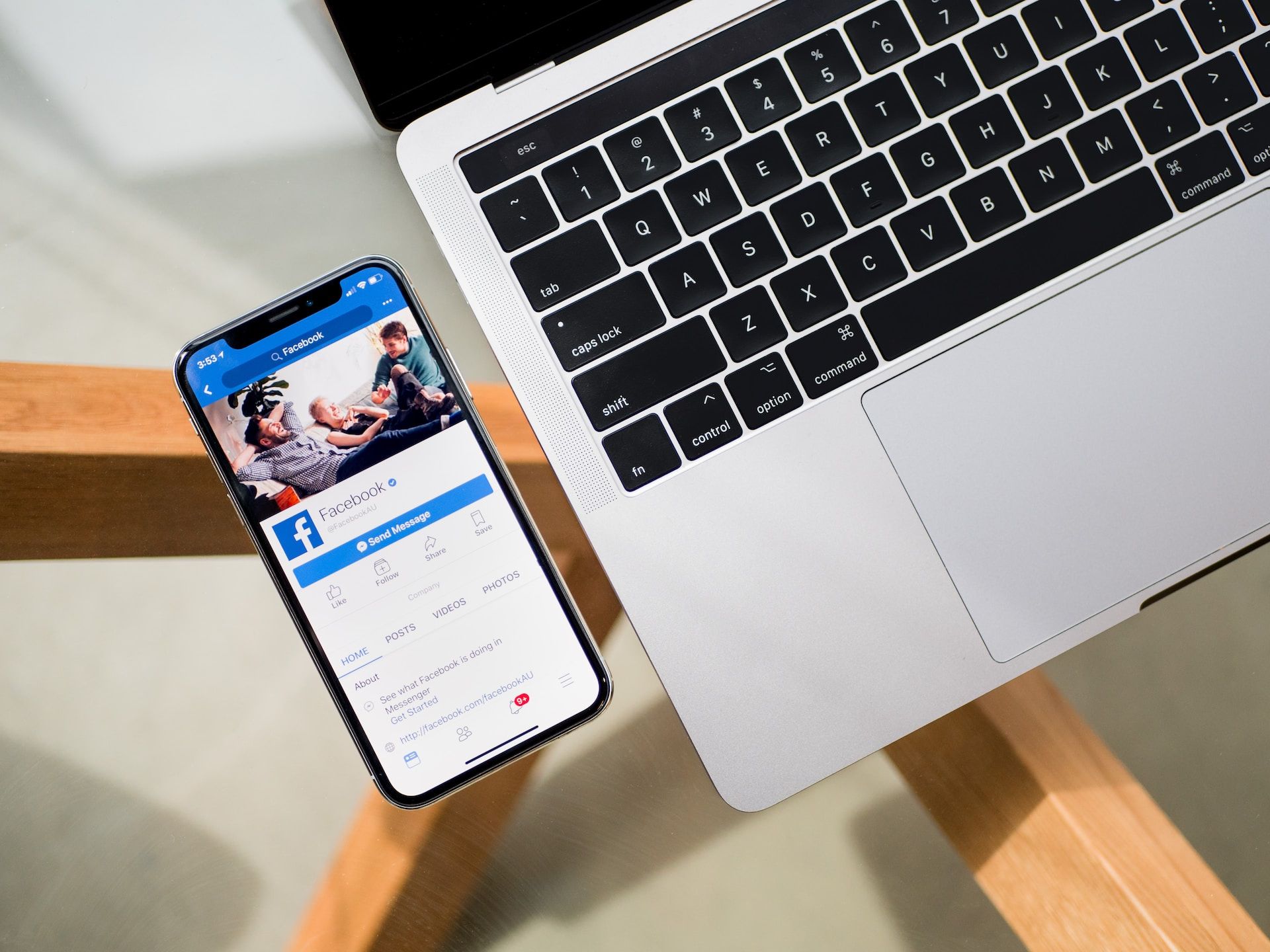The Future of Advertising: How Facebook Ads Are Helping Businesses Scale in 2025
In the world of digital marketing, search engine optimisation (SEO) plays a pivotal role in driving organic traffic and enhancing online visibility. To effectively optimise your website and attract search engine attention, you must strike the right balance between on-page and off-page SEO. Navigating the maze of SEO best practices can be challenging, but understanding the key differences between these two facets is crucial for elevating your website's ranking and ensuring long-term success.
Dive into our in-depth exploration of on-page and off-page SEO, where we'll demystify the complexities and uncover effective strategies tailored to bolster your online presence. We'll provide you with actionable insights on enhancing your site's content, structure, and user experience (on-page) while maximising your backlink portfolio and engagement on social media platforms (off-page).
Strengthening both on-page and off-page SEO offers the ultimate recipe for digital marketing success, propelling your website to the top of search engine results pages and driving a steady stream of organic traffic.
Whether you're a seasoned digital marketer or just beginning your SEO journey, Elk Media Group's comprehensive guide to on-page and off-page SEO will arm you with the knowledge and tools required to optimise your website and outperform the competition.
1. Search Engine Optimisation (SEO)
SEO is the process of optimising your website to achieve higher rankings in search engine results, thereby increasing your website's visibility and organic traffic. Effective SEO strategies include:
- Keyword Research: Identify the most relevant and high-performing keywords for your business using tools such as Google Keyword Planner, Moz Keyword Explorer, or Ahrefs Keywords Explorer. Incorporate these keywords strategically throughout your website content to improve search engine rankings.
- On-Page Optimisation: Optimise your website's content, meta tags, headers, and URL structure to enhance your site's relevance for targeted keywords. Additionally, ensure that your site is mobile-responsive and has fast loading times to improve user experience.
- Off-Page Optimisation: Build high-quality, authoritative backlinks to your website through guest posting, directory submissions, and social media promotions. Backlinks serve as endorsements, signalling to search engines that your website is trustworthy and valuable.
- Content Marketing: Publish and promote high-quality, engaging content that answers your target audience's questions, solves their problems, and establishes your brand as an authority within your industry.
2. Google Ads
Google Ads is a pay-per-click (PPC) advertising platform that allows businesses to display their ads on Google search results, Google Display Network, and YouTube. To get the most out of your Google Ads campaigns, focus on:
- Campaign Structure: Organise your campaigns and ad groups according to themes or product categories for better manageability, and target your ads with precision.
- Keyword Selection: Select high-performing keywords based on search volume, competitiveness, and relevance. Use match types, such as broad match, modified broad match, phrase match, and exact match, to control when your ads are displayed.
- Ad Creation: Write compelling ad copy with relevant headlines, descriptions, and display URLs. Include CTAs and leverage ad extensions, such as callouts, site links, and structured snippets, to enhance your ad's effectiveness.
- Landing Pages: Ensure your landing pages are engaging, relevant, and tailored to the ad copy and targeted keywords. A seamless user experience with clear CTAs will encourage higher conversion rates.
- Performance Tracking: Monitor essential metrics like CTR, CPC, conversion rates, and cost per conversion to optimise your campaigns and maximise ROI.
3. Facebook Advertising
Facebook advertising is an excellent method to target your audience based on their interests, behaviours, and demographics. To make the most of your Facebook advertising efforts, consider the following:
- Ad Formats: Select the most suitable ad format for your campaign goals, such as photo, video, carousel, slideshow, or collection ads.
- Targeting Options: Leverage Facebook's advanced targeting options, including Custom Audiences, Lookalike Audiences, and Saved Audiences, to reach users who are most likely to engage with your ads.
- Ad Placements: Choose the best placements for your ads (e.g. Facebook News Feed, Instagram, Audience Network) to ensure they reach your target audience effectively.
- Creative Assets: Create striking visuals, engaging ad copy, and select the best CTAs to enhance ad performance.
- Campaign Optimisation: Regularly monitor and analyse your campaign's metrics, such as reach, frequency, CTR, and conversions, to identify areas for improvement and optimise your strategy accordingly.
4. Instagram Promotions
Instagram promotions enable you to boost your brand's visibility, engage with your audience, and drive business growth. To make the most of this powerful platform, implement these strategies:
- Striking Visuals: Capture users' attention through high-quality images and videos that showcase your brand aesthetics and deliver engaging content.
- Hashtags: Use relevant hashtags to increase your content's visibility, enabling users to discover your brand organically.
- User-Generated Content (UGC): Encourage followers to share their experiences with your brand, thereby promoting trust and credibility with your target audience.
- Influencer Collaborations: Partner with influencers who align with your brand values to extend your reach and increase engagement.
- Ad Formats: Take advantage of a range of ad formats, including Photo Ads, Video Ads, Carousel Ads, Collection Ads, Stories Ads, and IGTV Ads to connect with users through various content types.
5. Analytics and Reporting
Regularly track and analyse your digital marketing performance to optimise your strategies, make data-driven decisions, and maximise ROI. Key metrics to monitor include:
- Organic Traffic and Rankings: Use tools like Google Analytics and Google Search Console to monitor your SEO performance, tracking organic traffic, search rankings, and high-performing keywords.
- Ad Metrics: Track key ad performance indicators, including click-through rates, cost per click, and conversion rates, to measure the effectiveness of your Google Ads and Facebook Ads campaigns.
- Social Media Engagement: Monitor your Instagram promotions for engagement rates, follower growth, and reach, enabling you to refine content strategy and audience targeting.
By implementing these essential components in your digital marketing strategy, you can develop a well-rounded approach to online promotion, growth, and success.
Master the Digital Sphere with Expert Support from Elk Media Group
Creating a powerful and results-driven digital marketing strategy is imperative to succeed in today's highly competitive online landscape. By effectively integrating SEO, Google Ads, Facebook advertising, and Instagram promotions, your business can build a robust online presence, attract and retain customers, and ultimately increase profitability.
However, navigating the complexities of digital marketing can be overwhelming without expert guidance and support. At Elk Media Group, our team of skilled digital marketing professionals have the knowledge and experience needed to create tailored, high-performance strategies that align with your specific business goals. We understand what it takes to craft and execute integrated marketing campaigns that drive meaningful results.
Are you ready to take the reins of your business's digital success and soar to new heights? Elk Media Group is committed to helping you exceed your online potential. Connect with us today to explore how our team of experts can develop, optimise, and manage your
digital marketing strategy, propelling your business to the forefront of innovation and success. Trust Elk Media Group as your dedicated partner in digital marketing excellence.










